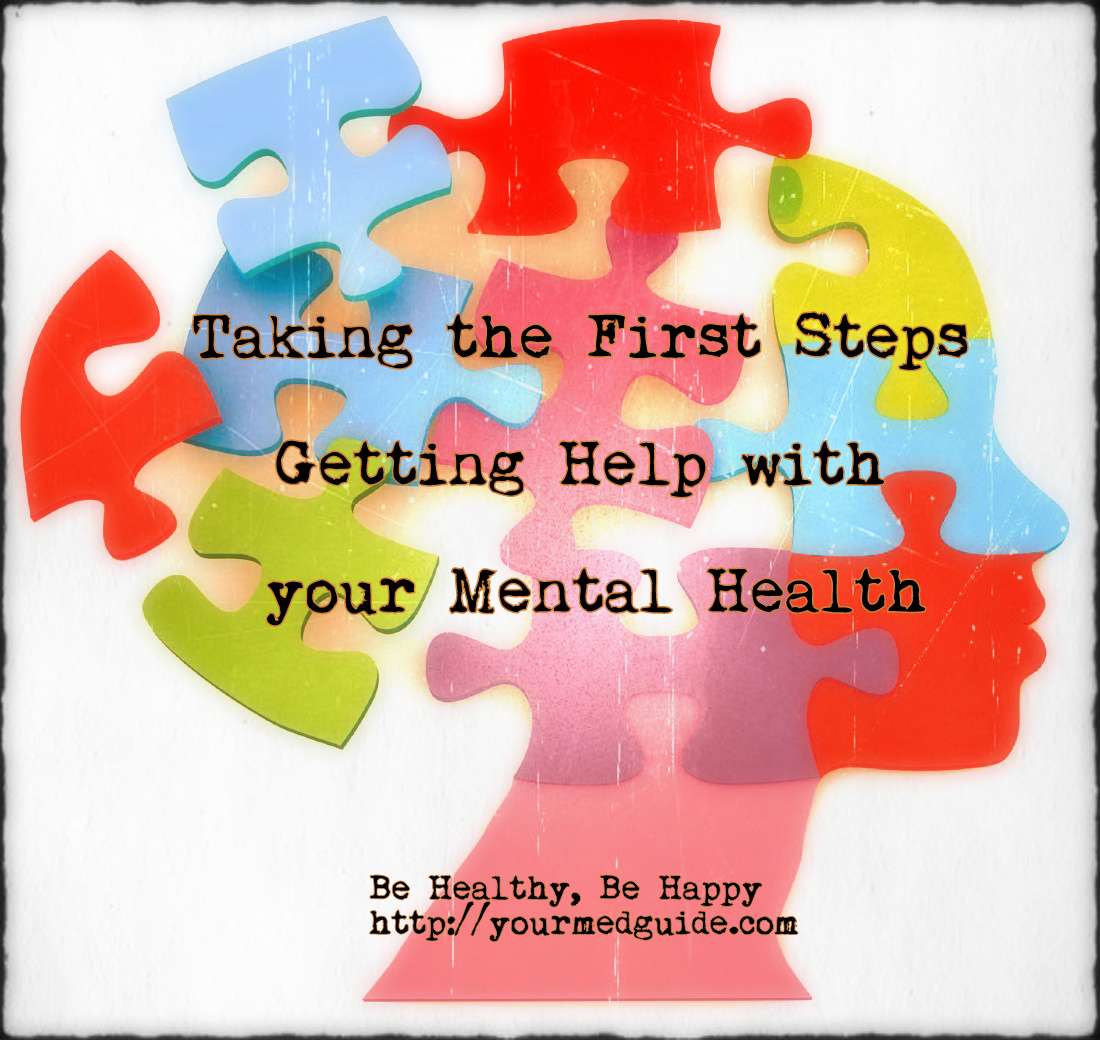5 Practical Steps To Increase Mental Health Acceptance In Your Community

Table of Contents
Educate Your Community About Mental Illness
Understanding is the first step towards acceptance. To increase mental health acceptance, we must actively educate our communities about mental illness. This involves dispelling harmful myths and promoting mental health literacy.
Debunking Myths and Misconceptions
Many misunderstandings surround mental illness. These misconceptions fuel stigma and prevent individuals from seeking help. Let's address some common myths:
- Myth: People with depression are just sad. Fact: Depression is a complex medical condition involving persistent sadness, loss of interest, and other significant symptoms. It requires professional help.
- Myth: Schizophrenia means having multiple personalities. Fact: Schizophrenia is a severe mental illness involving distorted thinking, hallucinations, and delusions. It's distinct from dissociative identity disorder (DID).
- Myth: Mental illness is a character flaw or a weakness. Fact: Mental illnesses are complex conditions affecting brain function, often stemming from genetic predispositions, trauma, or life experiences. They are not a sign of personal failing.
For reliable information, consult resources like the National Alliance on Mental Illness (NAMI) [link to NAMI website] and MentalHealth.gov [link to MentalHealth.gov].
Promoting Mental Health Literacy
Improving mental health literacy involves understanding various mental health conditions, their symptoms, and available treatments. This empowers individuals to recognize the signs of mental illness in themselves and others, promoting early intervention and access to appropriate care.
- Organize workshops in your community to educate people about common mental health conditions.
- Share online resources and articles from reputable sources on social media.
- Host community events featuring mental health professionals who can answer questions and provide information.
Foster Open Conversations About Mental Health
Open dialogue is critical for increasing mental health acceptance. Creating safe spaces where individuals feel comfortable discussing their mental health experiences is essential.
Creating Safe Spaces for Sharing
Encouraging open conversations about mental health requires intentionality and creating supportive environments in various settings:
- Start conversations with trusted friends, family, and colleagues about your own mental health experiences or concerns.
- Join or start a support group in your community.
- Participate in community discussions and forums about mental health.
- Listen actively and empathetically to others who share their struggles.
Remember, active listening and empathy are crucial for fostering safe spaces.
Challenging Stigma Through Storytelling
Sharing personal experiences can be incredibly powerful in breaking down stigma. Storytelling humanizes mental illness and helps others understand the realities of living with these conditions.
- Organize community events where individuals can share their stories anonymously or publicly (with their consent).
- Encourage the sharing of stories through online platforms and social media, ensuring privacy and consent are respected.
- Highlight the power of storytelling in reducing feelings of isolation and promoting connection.
Support Local Mental Health Organizations
Strengthening local mental health organizations is vital for improving mental health acceptance. Their services are crucial for providing support and treatment to those in need.
Volunteering and Fundraising
Consider volunteering your time or donating to local mental health organizations. Your contributions directly impact their ability to provide essential services:
- Find a list of local mental health organizations on websites like [Insert a link to a local directory of mental health services or a relevant website].
- Volunteer to assist with administrative tasks, fundraising events, or outreach programs.
- Organize a fundraising event to raise awareness and funds for your chosen organization.
Advocating for Policy Changes
Advocating for policy changes that improve access to mental health care is crucial. This includes increased funding, improved insurance coverage, and increased access to services.
- Contact your elected officials to express your support for legislation that benefits mental health.
- Sign petitions and support organizations advocating for mental health policy reforms.
- Support initiatives aiming to destigmatize mental illness and increase funding for research and treatment.
Promote Self-Care and Wellness Initiatives
Promoting self-care and wellness initiatives is a proactive approach to increasing mental health acceptance and preventing mental health issues. These initiatives empower individuals to prioritize their well-being.
Highlighting Accessible Resources
Numerous resources can support mental well-being. Make these resources readily available to your community:
- Share links to mindfulness apps (e.g., Headspace, Calm) on social media.
- Promote local exercise programs and community fitness initiatives.
- Provide information about support groups and other community resources.
Organizing Community Wellness Events
Organizing community wellness events provides opportunities for collective self-care and social connection:
- Organize yoga classes, meditation sessions, or guided walks in your community.
- Host workshops on stress management, healthy eating, or sleep hygiene.
- Partner with local businesses and organizations to offer discounts or incentives for wellness activities.
Celebrate Mental Health Awareness
Raising awareness is critical to increasing mental health acceptance. Highlighting mental health during awareness months and through ongoing campaigns is vital.
Raising Awareness Through Campaigns
Participate in or organize campaigns to raise awareness about mental health:
- Use social media to share information and resources.
- Submit articles or letters to local newspapers to raise awareness.
- Participate in local events and fundraisers related to mental health.
Partnering with Schools and Businesses
Collaborating with schools and businesses fosters supportive environments for students and employees:
- Advocate for incorporating mental health education into school curriculums.
- Encourage businesses to implement workplace wellness programs that support employee mental health.
- Partner with schools and businesses to host mental health awareness events.
Conclusion
By actively implementing these five steps – educating your community, fostering open conversations, supporting local organizations, promoting self-care, and celebrating mental health awareness – you can significantly increase mental health acceptance in your community. Start increasing mental health acceptance in your community today by educating yourself and others, and participating in local initiatives. Together, we can create a more supportive and understanding environment for everyone, fostering improved mental health outcomes and a stronger, more resilient community. Let's work together to promote mental health acceptance and build a healthier future.

Featured Posts
-
 Priscilla Pointer Dies At 100 Dallas And Carrie Actress Passes Away
May 02, 2025
Priscilla Pointer Dies At 100 Dallas And Carrie Actress Passes Away
May 02, 2025 -
 Outfield Wall Fall At Wrigley Field Sends Fan To Hospital
May 02, 2025
Outfield Wall Fall At Wrigley Field Sends Fan To Hospital
May 02, 2025 -
 Solidarnosc I Republika Porownanie Wyroznien Wg Sakiewicza
May 02, 2025
Solidarnosc I Republika Porownanie Wyroznien Wg Sakiewicza
May 02, 2025 -
 Cheating And Technology Would A Smart Ring Deter Infidelity
May 02, 2025
Cheating And Technology Would A Smart Ring Deter Infidelity
May 02, 2025 -
 Celebrity Traitors Bbc Faces Star Departures
May 02, 2025
Celebrity Traitors Bbc Faces Star Departures
May 02, 2025
